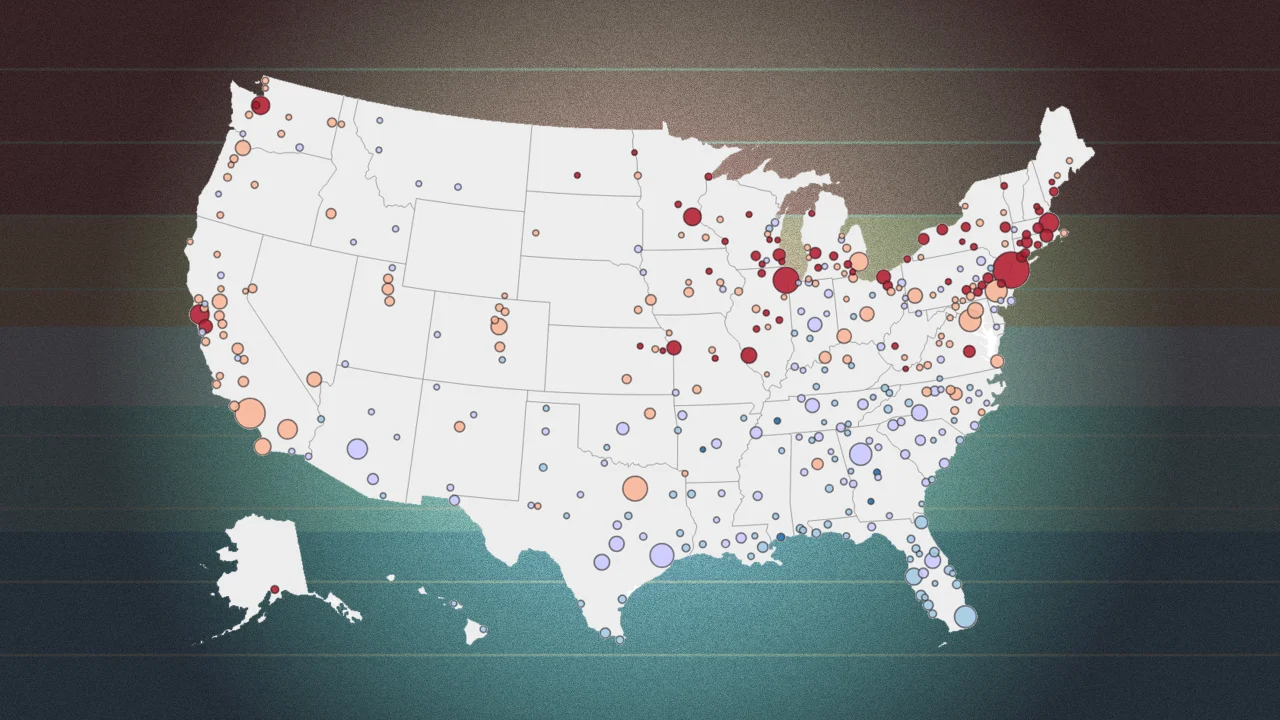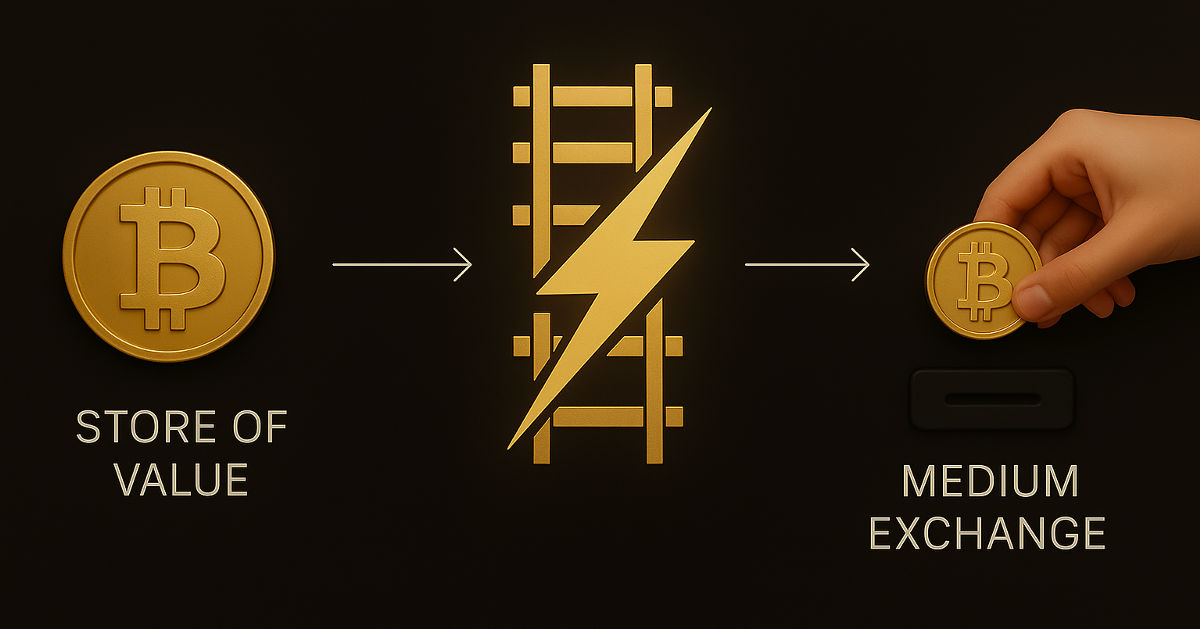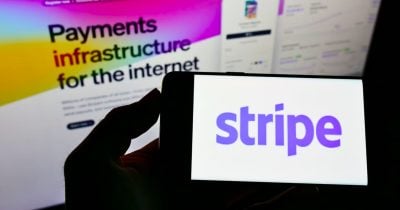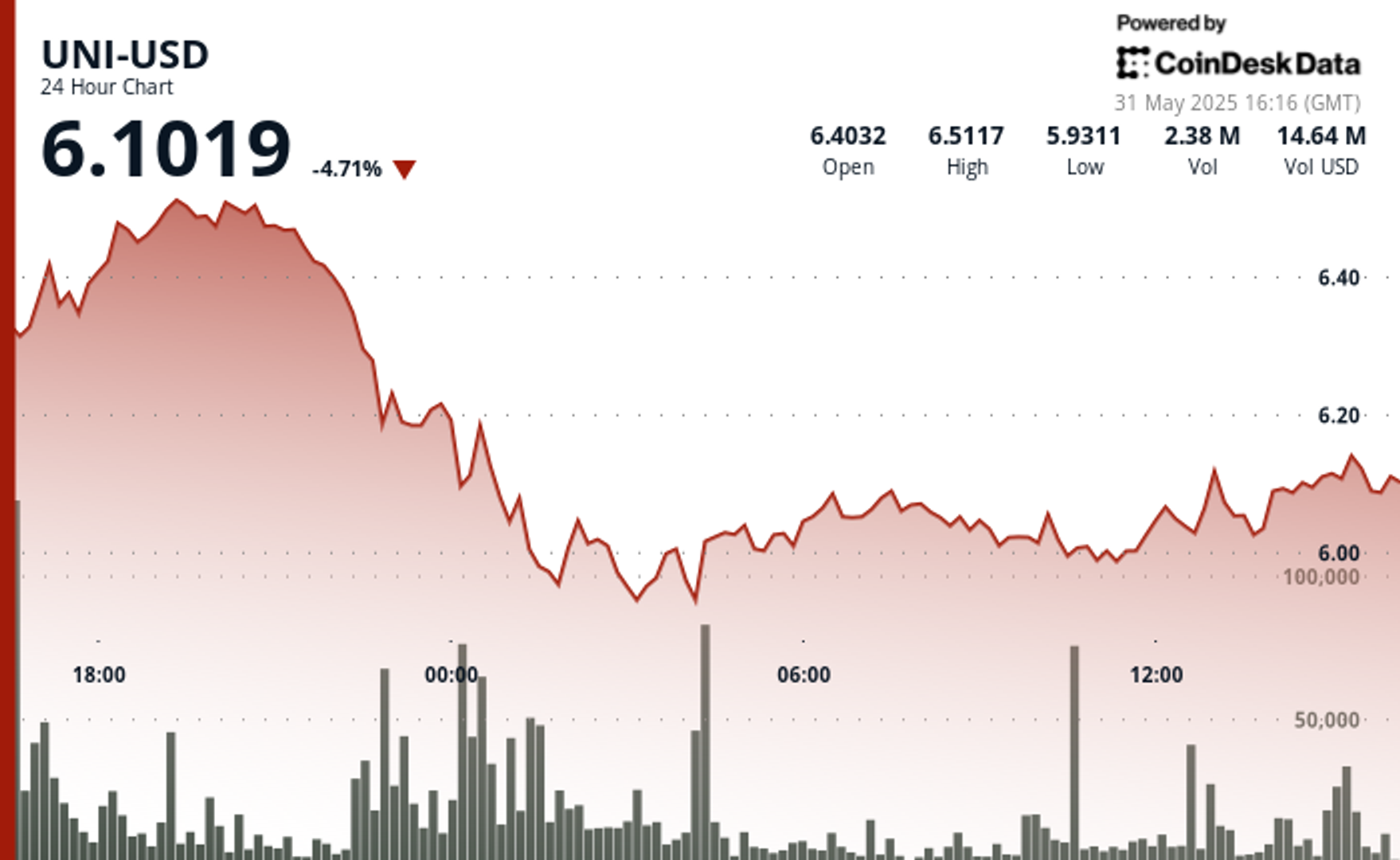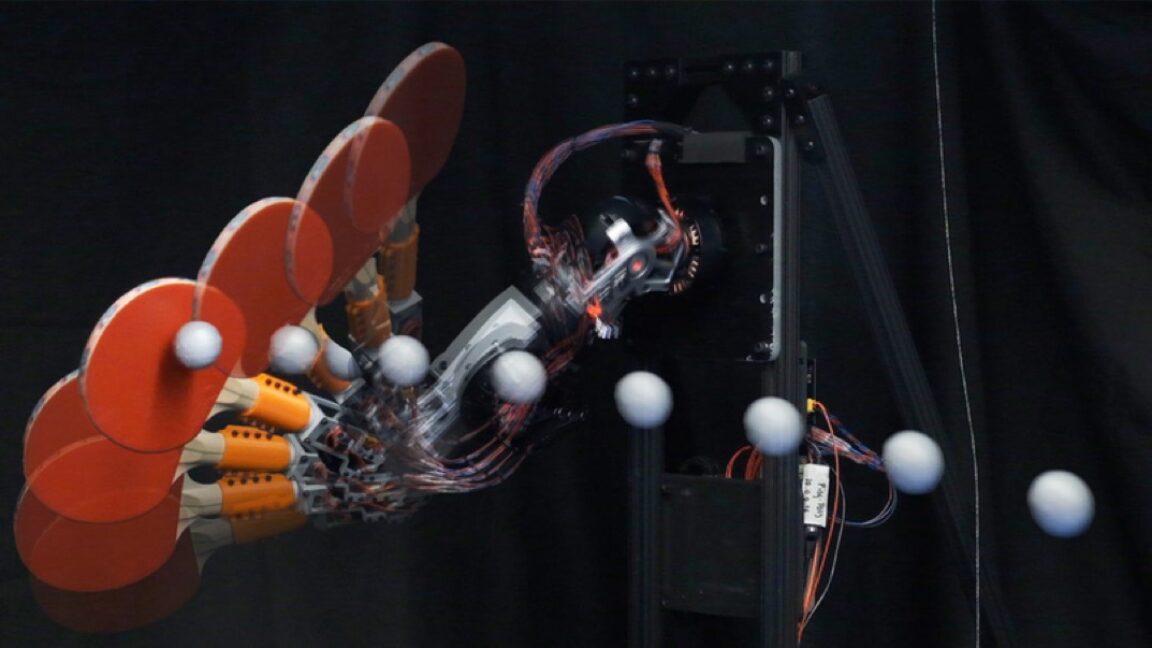Seattle solar startup Omnidian names former Impinj leader as CFO after raising $87M
Omnidian, a startup specializing in solar power performance management, has hired Evan Fein as its new chief financial officer as it seeks to expand into international markets and broaden its services to include new categories of renewable energy installations. Fein’s appointment follows the Seattle-based company’s recent announcement of $87 million in funding and its acquisition of Solar Service Guys, Australia’s largest solar service network. Prior to this role, Fein spent nearly two decades at Impinj, a Seattle company specializing in high-tech RFID tags that connect billions of items to the internet. As Impinj’s eighth employee, he played a key role… Read More


Omnidian, a startup specializing in solar power performance management, has hired Evan Fein as its new chief financial officer as it seeks to expand into international markets and broaden its services to include new categories of renewable energy installations.
Fein’s appointment follows the Seattle-based company’s recent announcement of $87 million in funding and its acquisition of Solar Service Guys, Australia’s largest solar service network.
Prior to this role, Fein spent nearly two decades at Impinj, a Seattle company specializing in high-tech RFID tags that connect billions of items to the internet. As Impinj’s eighth employee, he played a key role in taking the company public in 2016. Two years later, he left to become CFO at Chef Software, which was acquired during his tenure, before moving on to TextNow.
“I really wanted to be in the clean tech space,” Fein said of his decision to join Omnidian. “There is a lot of excitement around solar and other renewable energy methods.”
While he hasn’t previously worked in the energy sector, a late-stage private company that’s ready to scale is his “sweet spot,” Fein said, adding that Omnidian is “a very good fit.”
Omnidian launched in 2016, founded by CEO Mark Liffmann, Chief Strategy Officer Ray Szylko and Chief Operating Officer David Kenny, all of whom had experience in the renewable energy space. The company hired Cathy Hardin as chief revenue officer last year.
The company has developed software that virtually monitors the output of solar power and battery installations in the commercial and residential spaces.
Its technology looks at a system’s energy production and analyzes weather conditions along with other data to assess whether it’s performing optimally. If issues arise, Omnidian can provide remote support, or when physical repairs are needed, it can dispatch contracted energy technicians to service installations on-site.

Omnidian reported that its revenue more than tripled from 2022 to 2024. It’s ranked No. 49 on the GeekWire 200, our list of top tech startups across the Pacific Northwest. Total funding is estimated at $165 million.
The company has 285 employees in the U.S., and about 90 in Australia. Potential new markets include countries in Europe and Latin America, and could involve additional acquisitions, Fein said. The company is also considering electric vehicle charging stations as an additional clean energy source for monitoring and output management.
Fein said Omnidian is primed to unlock new services through AI, including creating tools that could guide field technicians in troubleshooting and repairs.
“There is so much that we can do in the future as we get more data and can harness more data,” he added.
The backdrop to Omnidian’s plans for growth includes a presidential administration that favors fossil fuels over solar and wind power. Add to that President Donal Trump’s threat of high tariffs, which can create challenges for solar technology that’s largely manufactured abroad. U.S. developers, however, had been stockpiling solar panels and are expected to add 54 gigawatts of solar capacity to the grid this year, according to BloombergNEF.
Last year, solar was responsible for 81% of new energy capacity in the U.S., according to Ember. Solar accounts for more than 30% of the electricity mix for clean energy leaders California and Nevada.
Despite the uncertainty currently created by U.S. leadership, Fein had a sunny outlook for solar’s long-term potential given demands from data center growth and increased electrification of transportation and other sectors.
Solar is the cheapest source of energy, he said, and “our need for power is expected to grow enormously.”





















































![[Weekly funding roundup May 24-30] Capital inflow continues to remain steady](https://images.yourstory.com/cs/2/220356402d6d11e9aa979329348d4c3e/Weekly-funding-1741961216560.jpg)





